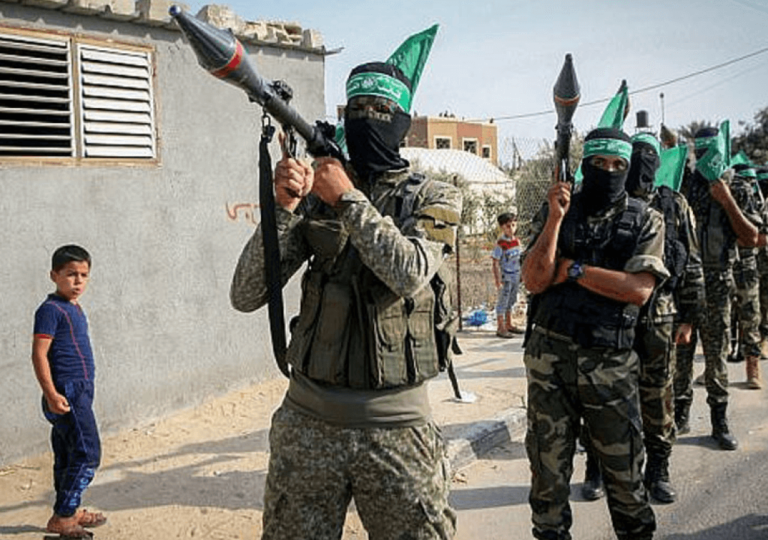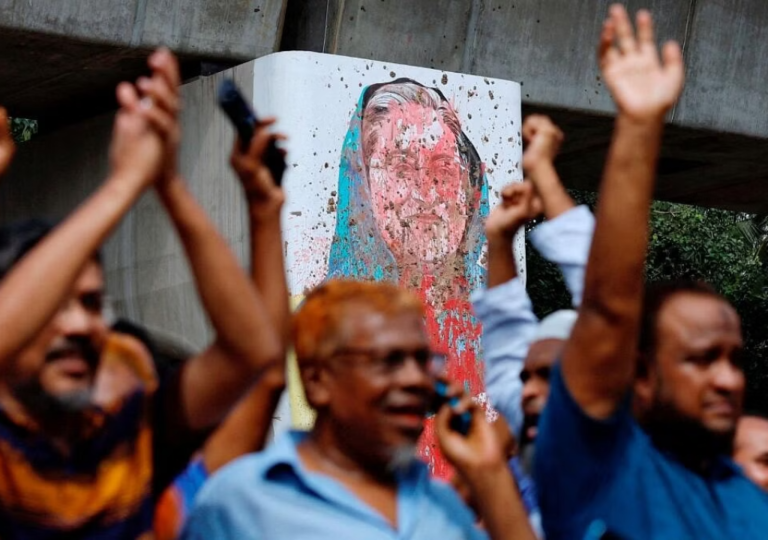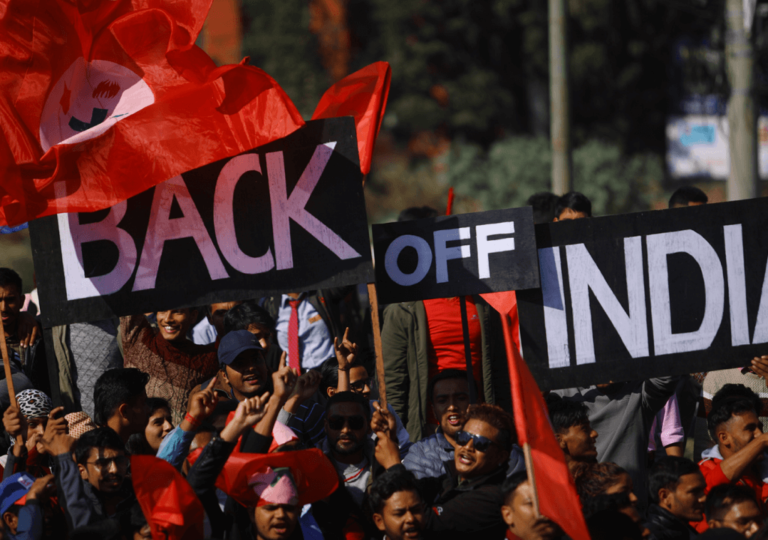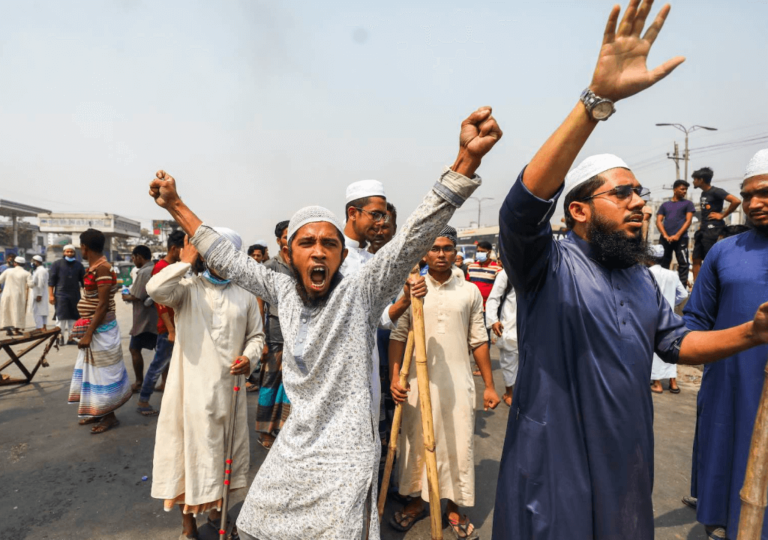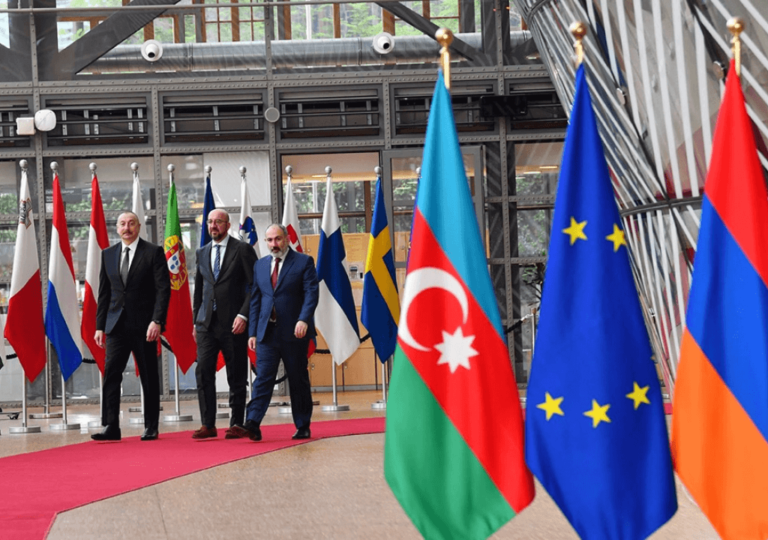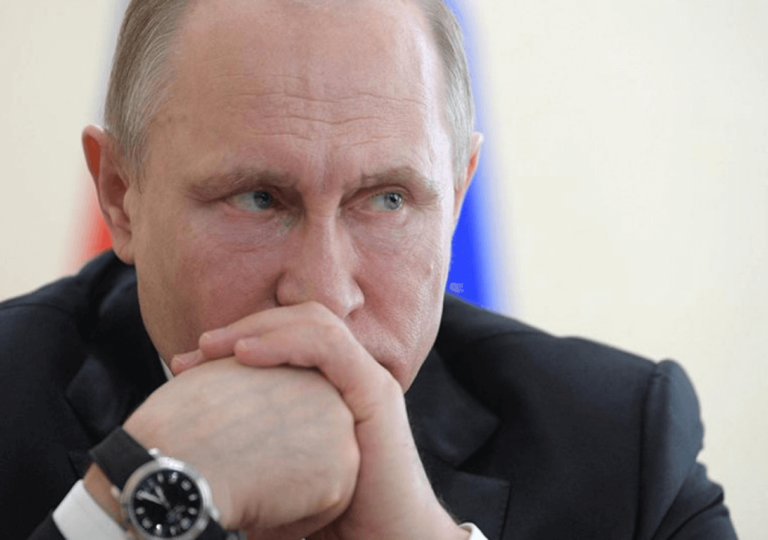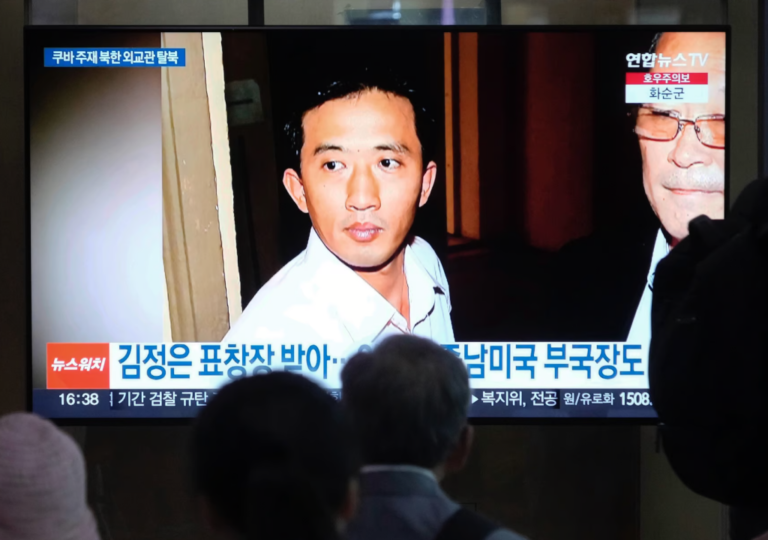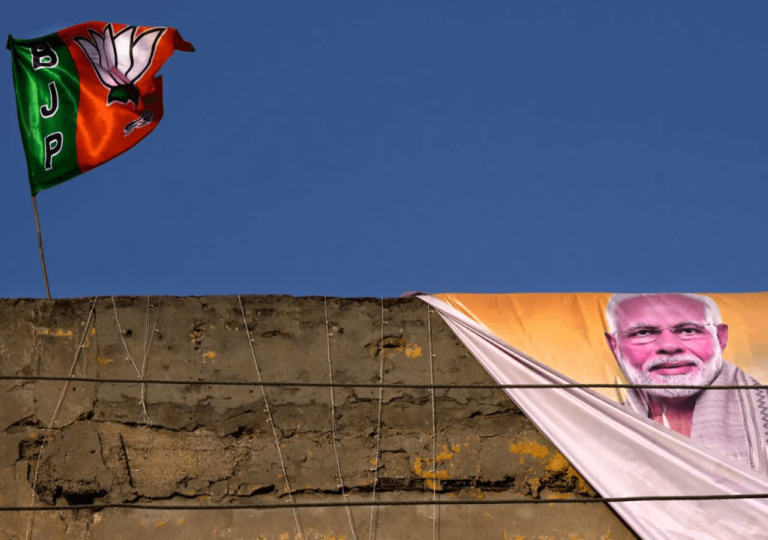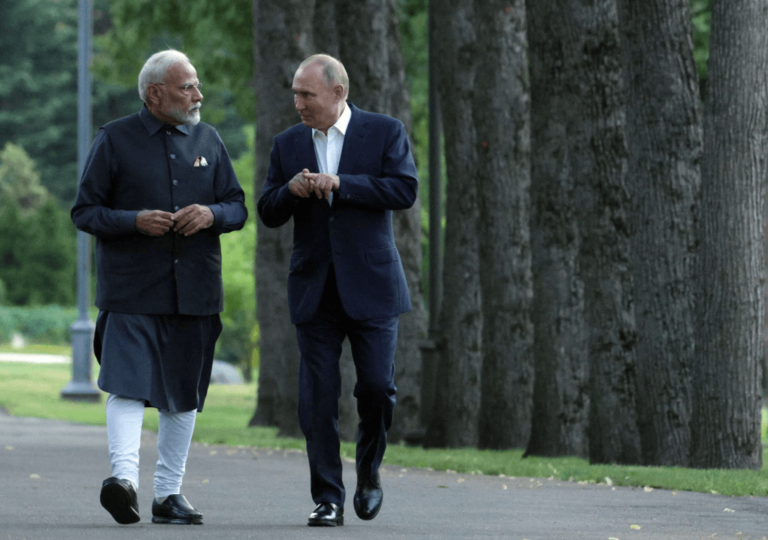The Story of Alice Guo, the Philippine Mayor Who Alleged Chinese Espionage

In 2022, Alice Guo was elected as the new mayor of Bomaban, a town on Luzon, the Philippines largest and most populous island. Despite limited public information about her background, such as her birthplace or education, Guo defeated the Nationalist…

